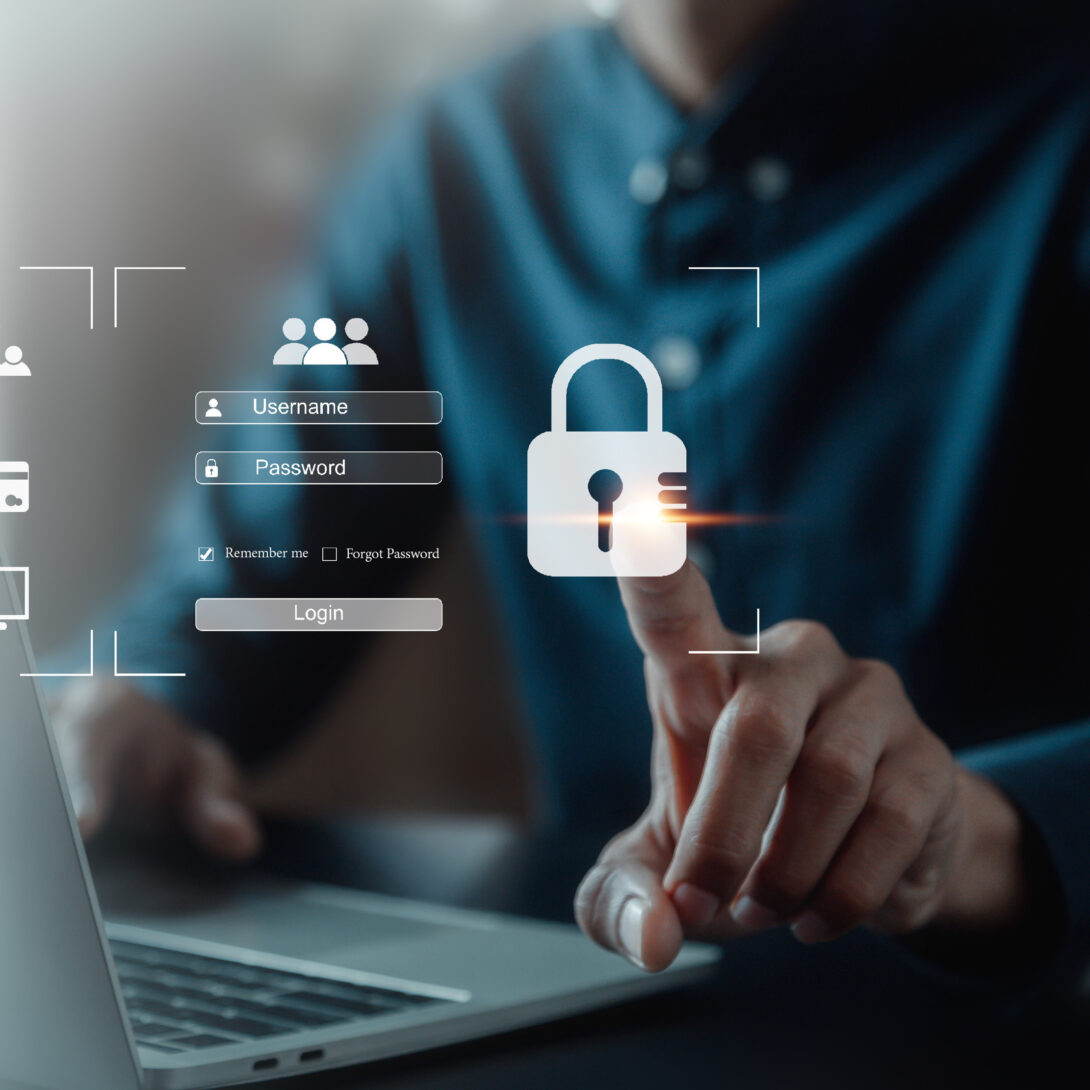Healthcare Cybersecurity: Health Informatics safeguards patient data
Learn about the importance of cybersecurity in the healthcare sector, and the ways health informaticists protect sensitive patient information.
Healthcare Cybersecurity: Health Informatics safeguards patient data

Health informatics merges healthcare, information technology, and data science to improve patient outcomes and streamline healthcare processes. However, the growing dependence on digital systems brings an increased risk of cyber threats. Cybersecurity in the healthcare sector, specifically in health informatics, is now more critical than ever to protect sensitive patient information from malicious actors.
Why is Cybersecurity Important in Healthcare?
The healthcare industry has become a target for cybercriminals. In 2023, over 540 organizations reported data breaches to the United States Department of Health and Human Services (HHS). These breaches impacted 112 million individuals.
Healthcare providers manage vast amounts of sensitive patient information, including medical records and payment details. Cybercriminals realize that this data is extremely valuable on the black market. They also know that healthcare organizations will pay ransoms to recover access to their patient’s data and restore operations. A cyberattack can cost healthcare providers an estimated $100 million per day. This is why the healthcare industry is one of the most lucrative targets for cybercriminals.
Top Cybersecurity Issues for Health Informaticists
Health informatics is increasingly targeted by cyber threats due to the valuable and sensitive nature of medical data. Health Informaticists help implement and support various specialized systems such as EHRs, e-prescribing, practice management, clinical decision support, and more. Numerous Internet of Things (IoT) devices, including smart elevators and remote patient monitoring devices, must also be protected to maintain operations and secure patient safety.
These are some of the top cybersecurity threats that health informatics professionals should keep an eye out for:
- Data Breach: Data breaches expose sensitive information, leading to identity theft, financial fraud, and reputational damage. Medical facilities experience an average of 2.8 million breaches per month due to HIPAA non-compliance and outdated security measures.
- Malware & Ransomware: Healthcare organizations are prime targets for ransomware attacks, in which hackers demand a ransom after encrypting files. This disrupts care and compromises data.
- Phishing: Phishing attacks trick individuals into revealing sensitive information. In healthcare, this leads to theft of protected health information (PHI) and HIPAA violations. Combating phishing requires both technology and employee education.
- DDoS Attacks: DDoS attacks overwhelm networks, disrupting access to medical records and patient communication, delaying treatment, and aiming to steal patient data.
- Outdated Systems: Outdated software is vulnerable to cyberattacks and lacks modern security features. Regular updates and reviews are crucial to maintain security and protect patient data.
Best Practices for Healthcare Cybersecurity
Data breaches in healthcare can be detrimental. They compromise patient confidentiality and erode the trust between patients and healthcare providers. To combat these threats, these are some best practices that health informaticists can help implement to create robust cybersecurity measures:
- Encrypting data ensures that even if data is breeched, it cannot be read without the decryption key.
- Implementing strict access controls helps ensure that only authorized personnel can access sensitive information.
- Continuous monitoring and regular audits can help detect unusual activities and potential breaches early.
- Educating employees about best practices and how to recognize phishing attempts can reduce the risk of human error.
Gaining an Education in Cybersecurity
With new technology and cyberthreats rolling out every day, education plays a crucial role in preparing the next generation of health informaticists to tackle cybersecurity challenges. The University of Illinois Chicago’s (UIC) online Master of Science in Health Informatics program equips students with the necessary skills to manage and protect health information systems effectively.
Taught by LeRoy Foster, UIC Adjunct Lecturer and Chief Information Security Officer at UChicago Biological Sciences Division, the BHIS 517: Healthcare Data Security and Cybersecurity Foundations course teaches students various health information security methods and technology, plus outlines security policies and procedures. Foster emphasizes the importance of continued learning and safeguarding information in any professional field, especially the critical need to protect patient health information.
“In healthcare, protecting health information (PHI) from cyberattacks is vital,” said Foster. “Cybersecurity ensures that sensitive information is secure, confidential, and available. If you can understand the CIA triad—confidentiality, integrity, and availability—you’ll grasp the importance of cybersecurity.”
UIC’s online MSHI program equips students with the skills to become leaders in digital health and data science. They will apply IT-based best-practices in healthcare delivery, planning and research management while designing and developing innovative data-analysis practices. To learn more about the online graduate program, talk to an enrollment specialist.